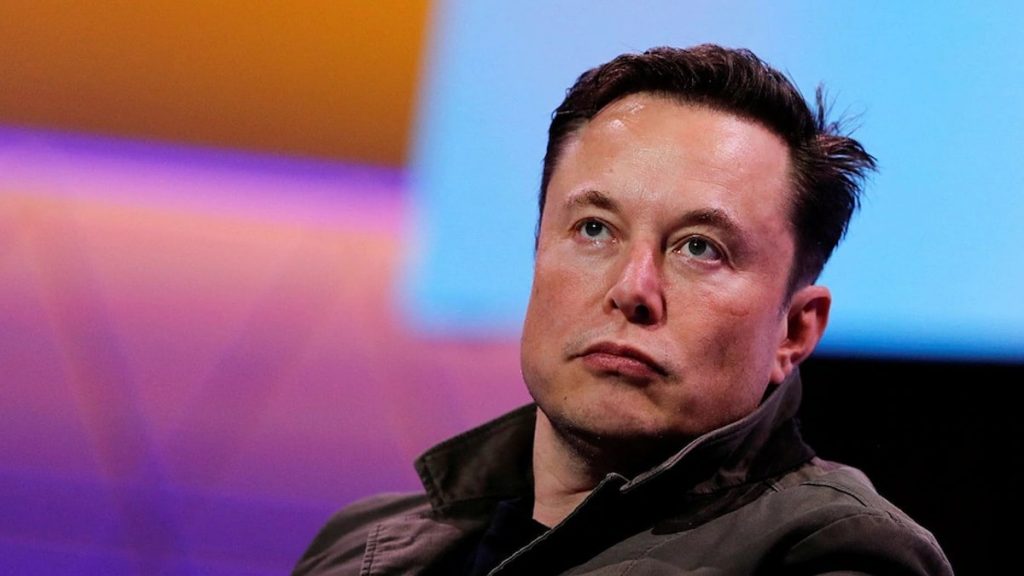SpaceX CEO Elon Musk Responds to Russian Space Chief’s Warning on Future of ISS
Elon Musk has said his company SpaceX would save the International Space Station (ISS) from crashing after the head of the Russian space agency warned that the crippling sanctions announced by the West against Moscow could lead to the ISS falling into the US, Europe, or India.

Elon Musk has said his company SpaceX would save the International Space Station (ISS) from crashing after the head of the Russian space agency warned that the crippling sanctions announced by the West against Moscow could lead to the ISS falling into the US, Europe, or India. In a Twitter thread, Roscosmos chief Dmitry Rogozin had warned the sanctions announced in response to the Russian military action in Ukraine have the potential to destroy the cooperation on ISS. He had asked who would save the space station from an “uncontrolled deorbit” if Russia were to pull out of the cooperation. Musk responded by simply tweeting an image of SpaceX.
The ISS, a multi-nation project, has been in orbit for more than 21 years. Crew from 15 different countries occupy it on a rotational basis to enable research and help expand our understanding of space. Currently, four NASA astronauts, two Russian cosmonauts, and one from European Space Agency (ESA) are staying on the space station.
Despite the US and other Western countries announcing sanctions on Russia for launching a military operation in Ukraine, NASA said it would continue cooperation with Russians on operating ISS.
Days later, the Roscomos chief shared his warning on Twitter. “If you block cooperation with us, who will save the ISS from an uncontrolled deorbit and fall into the United States or Europe?” he asked. “There is also the option of dropping a 500-tonne structure to India or China. Do you want to threaten them with such a prospect? The ISS does not fly over Russia, so all the risks are yours. Are you ready for them?” he said in a second tweet.
Musk said SpaceX would save the ISS from falling to Earth.
The SpaceX CEO later confirmed he meant it.
The ISS, about the length of a football field, orbits some 400km above Earth. It is set to be decommissioned by January 2031, with a plan to crash it into the Pacific Ocean in controlled deorbit.




